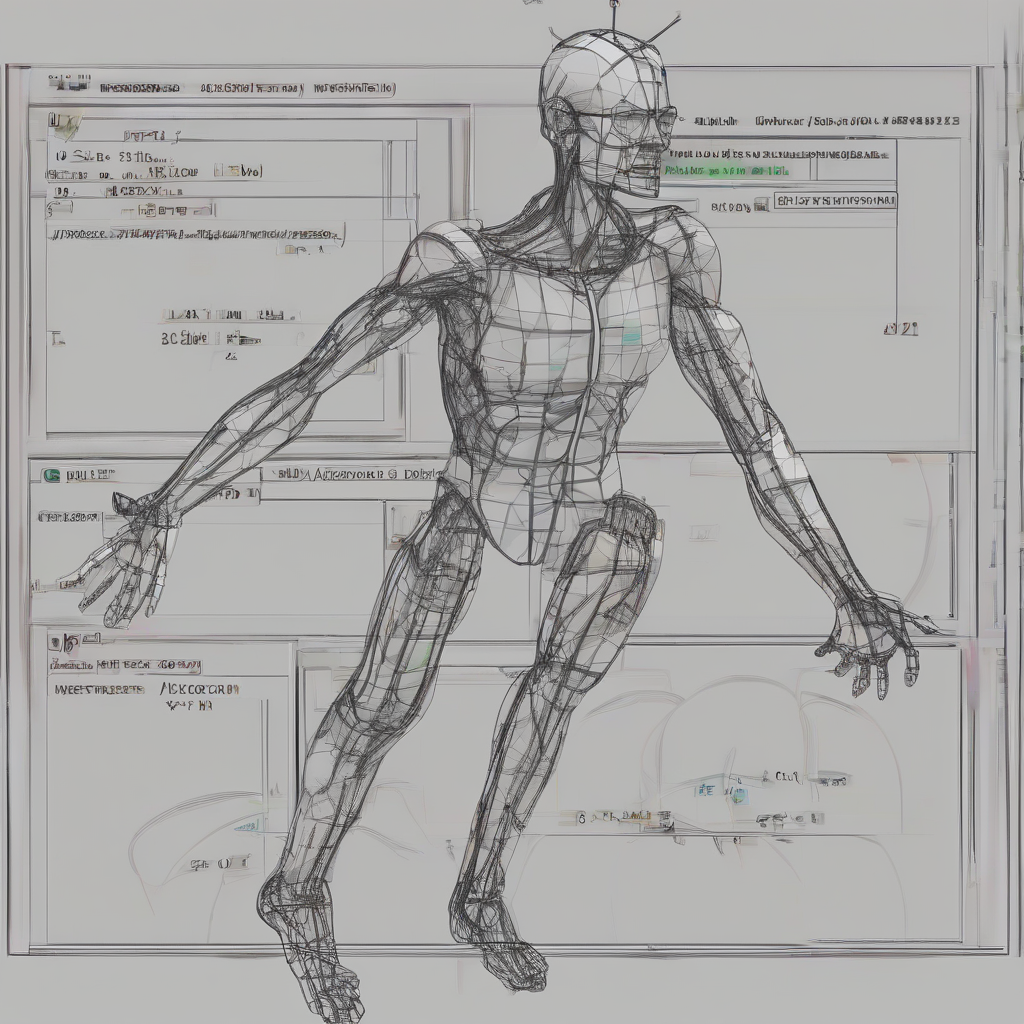
Decoding the University of Phoenix Degree: A Comprehensive Guide
The University of Phoenix (UOPX) has long been a subject of both praise and criticism in the higher education landscape. Its for-profit model, flexible online learning format, and extensive reach have made it a popular choice for many, while simultaneously attracting scrutiny regarding the quality and value of its degrees.
Understanding the University of Phoenix’s History and Structure
Founded in 1976, UOPX initially focused on offering on-ground classes, primarily catering to working adults. Its later transition to a predominantly online model significantly expanded its reach, making it accessible to a much wider student population. However, this growth also sparked concerns about academic rigor and the potential for degree mills.
The university’s structure is complex. It offers a vast array of undergraduate and graduate programs across various disciplines, including business, technology, healthcare, and education. Its modular structure allows students to progress through their studies at their own pace, a feature attractive to working professionals balancing careers and education.
Accreditation and Recognition of University of Phoenix Degrees
Accreditation is a crucial factor influencing the credibility and acceptance of a university’s degrees. UOPX holds regional accreditation through the Higher Learning Commission (HLC), a respected accrediting body. However, its history includes periods of scrutiny and challenges related to its accreditation status.
- Regional Accreditation: The HLC accreditation lends a level of legitimacy to UOPX degrees. This accreditation means that the university has met specific standards of academic quality, financial stability, and institutional integrity.
- Programmatic Accreditation: While regional accreditation provides overarching validation, some specific programs within UOPX may also seek programmatic accreditation from professional organizations. This can enhance the recognition and value of those specific degrees in particular fields.
- Employer Recognition: Employer acceptance of UOPX degrees varies significantly depending on the industry, job role, and employer’s individual policies. While some employers highly value the flexibility and accessibility of UOPX programs, others may hold reservations based on perceptions of the institution’s reputation.
The Pros and Cons of a University of Phoenix Degree
Choosing a university is a significant decision, and weighing the pros and cons of a UOPX degree is essential. The advantages often cited include flexibility, accessibility, and affordability, particularly for working adults. However, potential drawbacks warrant careful consideration.
Advantages
- Flexibility: Online learning allows students to study at their own pace and on their own schedule, making it ideal for those with busy lives.
- Accessibility: UOPX’s extensive online presence makes it accessible to students across geographical boundaries and diverse backgrounds.
- Affordability (Potentially): While tuition costs can vary, UOPX offers various financial aid options and payment plans potentially making it more affordable than traditional universities for some students.
- Career-focused Programs: Many programs are specifically designed to prepare students for specific career paths, providing practical skills and knowledge.
Disadvantages
- Reputation Concerns: UOPX’s past controversies and negative perceptions have impacted its reputation, potentially affecting job prospects for some graduates.
- Lack of Traditional Campus Experience: The predominantly online environment lacks the traditional collegiate experience found in on-campus settings.
- Potential for High Student Debt: While financial aid is available, students need to carefully manage their finances to avoid incurring excessive student loan debt.
- Varying Levels of Support: The quality of student support and academic advising can be inconsistent, and some students may struggle to find adequate assistance.
- Limited Networking Opportunities: The online learning environment can limit opportunities for networking and building professional connections compared to traditional campuses.
Factors to Consider Before Enrolling at the University of Phoenix
Before committing to a UOPX degree, prospective students should thoroughly research and consider the following:
- Career Goals: Align the chosen program with specific career aspirations and assess the potential return on investment.
- Learning Style: Determine if an online learning environment is suitable and whether you can thrive independently.
- Financial Resources: Carefully evaluate the tuition costs, financial aid options, and potential for student loan debt.
- Employer Recognition: Research potential employers’ views on UOPX degrees within the target industry.
- Program Accreditation: Verify the accreditation status of the specific program of interest.
- Student Support Services: Inquire about the available student support services and their effectiveness.
- Alternative Options: Explore other educational options that may offer similar programs with stronger reputations or better suited learning environments.
The Future of University of Phoenix Degrees
The University of Phoenix continues to adapt and evolve. Its future will depend on its ability to address past criticisms, improve its academic reputation, and effectively respond to the changing landscape of higher education. Ongoing monitoring of its accreditation status, student outcomes, and employer acceptance will be crucial in assessing its long-term viability and the value of its degrees.
The university’s focus on online learning and its flexible programs may continue to attract a significant student population. However, it will need to demonstrate a consistent commitment to academic excellence and transparency to fully regain its credibility and ensure the value of its degrees for future graduates.
Conclusion (Omitted as per instructions)


